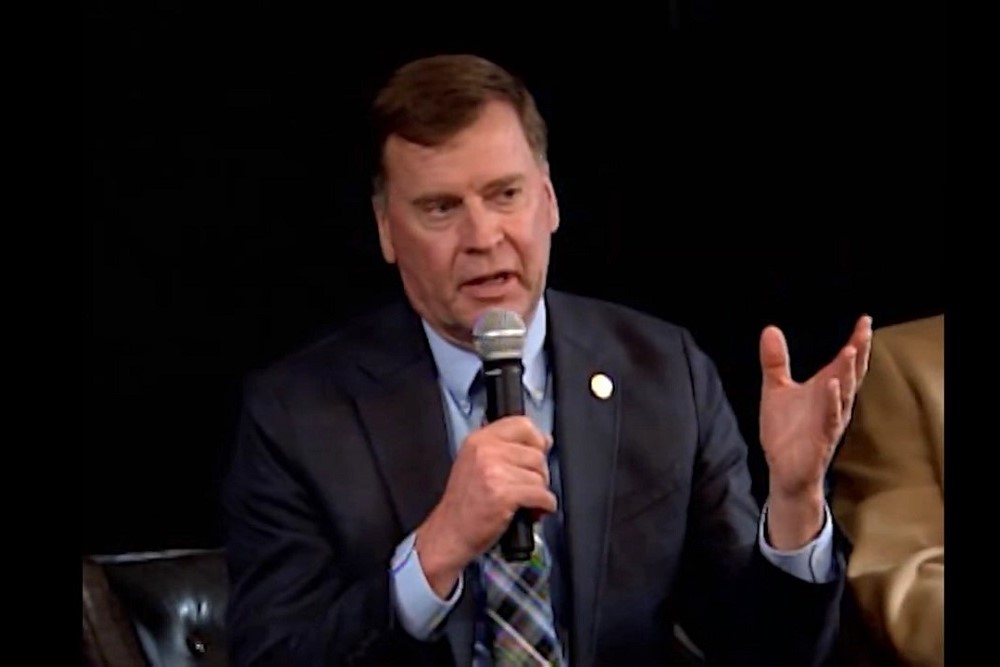State Rep. Culp Introduces Bill to Change How Assessment Values are Calculated for Indiana Farmland

Property tax reform is one of the top priorities for your state lawmakers in 2025. That’s why State Rep. Kendell Culp (R-District 16) has written a bill that would lower the property tax burden on farmland owners by changing the way your county assessors calculate the value of farmland.
“[Within] the last three years, agriculture’s assessed value has gone up 63 percent. No other taxing group has taken that kind of an increase,” says Culp, who has introduced House Bill 1192, which makes changes to the calculation for farmland assessments.
“It’s a Purdue formula that takes into account commodity prices, cash rents, input expenses, and interest rates. Basically, what I’ve done is change the interest rate—currently, they use an interest rate or capitalization rate of eight percent. [This formula] would take it to ten percent,” says Culp.
“What’s important is you take the average of all of these—the input costs, cash rents, and the grain prices, over a six year period, and you divide that by the interest rate, so if you’re dividing by a larger number, your result is going to be a smaller number, which that is your assessed valuation,” he says.
Culp’s bill also makes an additional change to the calculation.
“We’re taking the past six years history and we’re dropping the high year and averaging in the other five. While that’s good and it smooths out the peaks and valleys in the assessment, it does not necessarily reflect the current conditions of the finances of agriculture,” says Culp.
“I’m suggesting we drop the two high years—so we would average the four out of the last six lowest years, divide that by the capitalization rate, and that would give us the number. Those two changes, I think, would make a substantial difference and would be more realistic and reflective of the current ag economy as it stands today,” he says.
A fiscal study by the state legislature says that Indiana farmland owners would pay $33.2 million less in 2027 if the bill becomes law.
How does Culp respond to those who say that his bill would create a deficit in tax revenues for counties and local governments and that other taxes may have to be increased to make up the difference?
“While I understand we have to certainly provide revenue for local governments and schools, it has to be fair, and the burden of these increases cannot only be borne just by agriculture,” says Culp.
CLICK HERE to read House Bill 1192.
CLICK BELOW to hear Hoosier Ag Today’s radio news report.
CLICK BELOW to hear the full conversation with State Rep. Kendell Culp as he goes into further detail about House Bill 1192 with Hoosier Ag Today’s C.J. Miller, which seeks to lower the property tax burden for Indiana farmland owners.

